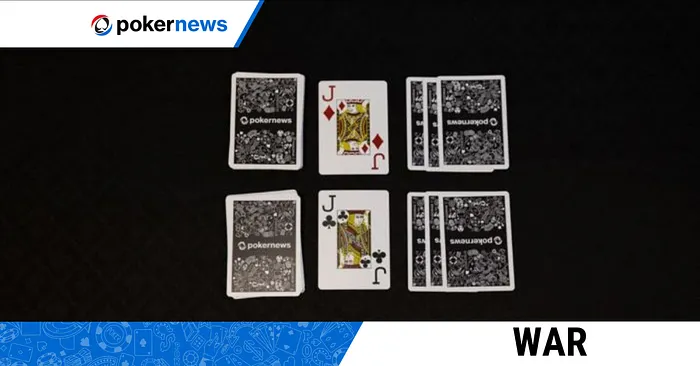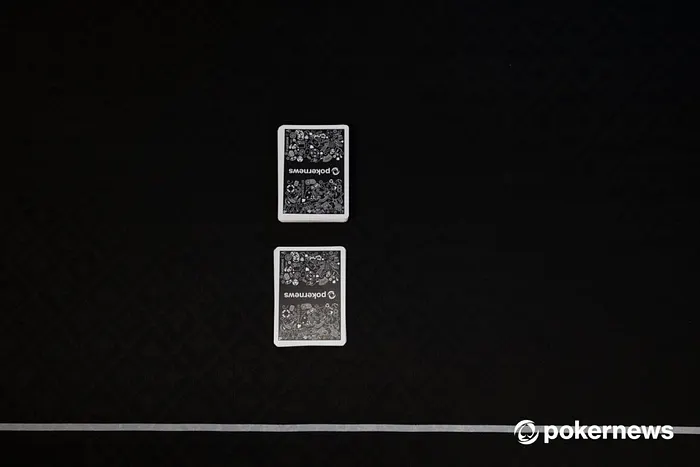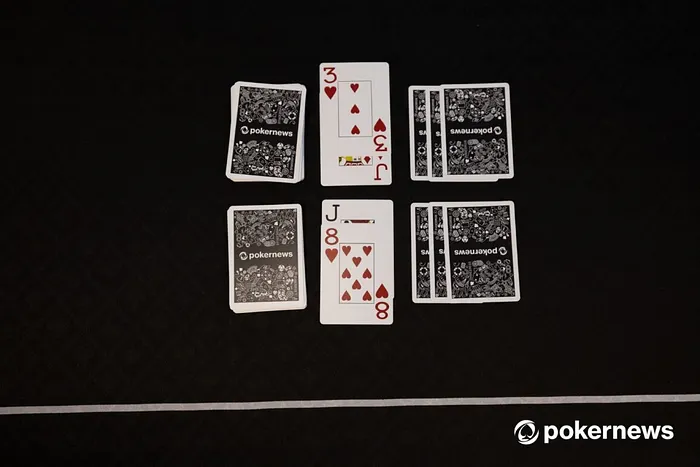Mastering War Card Game Strategies - Beginner to Advanced Tactics

Mastering the War card game goes beyond chance, emphasizing the crucial role of strategic thinking. In this guide, we delve into the significance of employing effective strategies in every aspect of the game. Whether you're a novice seeking foundational tactics or an advanced player aiming to refine your approach, understanding the nuances of War strategies enhances your overall gameplay.
While it's not the most complex of games, we've attempted to draw together some of the best War strategies so you can improve your skills.
*Depending on the type of War variation you're playing, some of these strategies may not be applicable due to the heavy reliance on luck in the game.

The Best Beginner's Strategy for War
For beginners venturing into the world of War, a solid foundation in simple yet effective strategies is key to enjoying the game and increasing the chances of success. Understanding basic probabilities is paramount, as it allows new players to anticipate potential outcomes during card battles. A fundamental approach is to prioritize holding onto higher cards whenever possible, increasing the likelihood of winning wars. Additionally, recognizing patterns and trends in the cards dealt can aid beginners in making informed decisions about when to play aggressively or conservatively.
As a beginner's strategy, it is advisable to avoid overcommitting during Wars, preserving cards strategically to navigate through the game. Emphasizing these straightforward tactics not only enhances a newcomer's understanding of the game's dynamics but also lays the groundwork for more sophisticated strategies as their skills progress. By focusing on fundamental concepts and embracing a measured approach, beginners can build a solid foundation for their War card game journey.
The Best Advanced Strategy for War
For seasoned players seeking to elevate their War game to an advanced level, mastering intricate tactics becomes pivotal. Advanced strategy involves not only understanding the probabilities but also delving into the realm of card counting and memorization. Adept players develop the ability to keep track of the cards played, enhancing their decision-making in complex situations. Card counting allows advanced players to assess the remaining deck and make more informed choices during wars.
Furthermore, an expert-level approach involves psychological elements, such as bluffing and predicting opponents' moves based on observed patterns. Advanced players may strategically employ feints, purposefully losing smaller battles to set the stage for more favorable confrontations later. The nuances of advanced strategy also encompass adapting to opponents' playing styles, exploiting weaknesses, and capitalizing on trends in the game.
By combining a deep understanding of the game's mechanics with psychological acumen, experienced players can navigate through intricate scenarios with finesse. This advanced level of play transforms the War card game into a strategic battlefield, where each move is calculated, and success hinges on a multifaceted approach that goes beyond mere chance.
Top Tips on How to Win at War
Achieving victory in the War card game requires a strategic approach, and here are the top 10 tips to enhance your chances of success. First and foremost, prioritize holding onto high cards, especially aces and face cards, to dominate wars and secure crucial victories. Pay close attention to card patterns during gameplay, allowing you to make informed decisions and anticipate potential outcomes. Stay vigilant during shuffles to gain insights into the distribution of cards, enabling strategic planning. Avoid overcommitting to wars and strategically conserve cards to navigate through the game more effectively.

Utilize psychological tactics such as bluffing to outmaneuver opponents, keeping them uncertain about your card holdings. Maintain a mental record of played cards to enhance decision-making and adjust your strategy based on opponents' playing styles. Patience and resilience are crucial, especially during challenging moments, as maintaining composure can lead to strategic advantages. Avoid falling into predictable patterns to keep opponents guessing your moves. Lastly, continuously refine your skills and learn from each game, steering clear of common mistakes such as impulsive decisions or disregarding opponents' patterns. By incorporating these practical tips into your gameplay, you can optimize your strategy and increase your chances of winning in the War card game.
Frequently Asked Questions (FAQs) - War Strategy
What is the key to success in War card game strategy?
The key to success in War card game strategy lies in a balanced combination of understanding probabilities, adapting to opponents' playing styles, and incorporating both basic and advanced tactics. A strategic approach involves not only card management but also psychological elements to outmaneuver opponents.
How can beginners improve their War card game strategy?
Beginners can enhance their War strategy by focusing on fundamental tactics, such as prioritizing higher cards, recognizing patterns, and avoiding overcommitment during wars. Consistent practice, patience, and learning from experienced players contribute to gradual improvement.
Is card counting essential for advanced War strategy?
Card counting becomes essential for advanced War strategy, offering insights into the remaining deck and enabling informed decision-making during wars. Advanced players use this technique to gain a strategic advantage, particularly in games where the composition of the deck significantly influences outcomes.
Are there specific strategies for winning consecutive wars in the game?
Strategies for winning consecutive wars involve a careful balance of card conservation, adapting to opponents' patterns, and psychological tactics. Expert players may strategically choose when to engage in wars, employing a mix of offensive and defensive maneuvers to secure victories in succession.
What are common mistakes to avoid in War card game strategy?
Common mistakes in War strategy include impulsive decisions, failing to adapt to opponents, and falling into predictable patterns. Awareness of these errors allows players to refine their approach, maintaining a strategic edge and minimizing the risks associated with these pitfalls.
